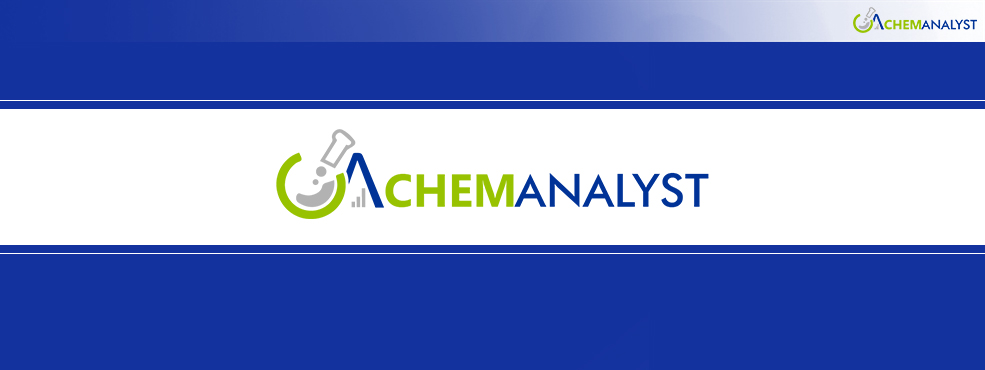Welcome To ChemAnalyst

LG Chem and Enilive launch Korea’s first HVO/SAF plant, advancing renewable fuels, reducing emissions, and boosting bioeconomy leadership.
LG Chem and Enilive have initiated a major milestone in advancing South Korea’s biofuels sector by breaking ground on the country’s first Hydrotreated Vegetable Oil (HVO) and Sustainable Aviation Fuel (SAF) production facility. This groundbreaking event took place at LG Chem’s Daesan Chemical Complex, situated in Seosan, Chungcheongnam-do, approximately 80 kilometers from Seoul. The plant is being developed through their Joint Venture, LG-Eni BioRefining, and is expected to be fully operational by 2027. Once completed, the facility will be capable of processing around 400,000 tons of renewable bio-feedstock each year.
The plant will use waste-derived and residue-based raw materials such as Used Cooking Oil (UCO) and other renewable bio-feedstocks to produce HVO and SAF using the proprietary Ecofining™ process—developed by Eni in partnership with Honeywell UOP. These renewable fuels offer a sustainable alternative to traditional fossil fuels, delivering substantial reductions in greenhouse gas (GHG) emissions across the full product life cycle.
Shin Hak-cheol, CEO of LG Chem, emphasized the strategic significance of this initiative in the company’s broader sustainability efforts. “LG Chem is evolving its portfolio toward a low-carbon framework that balances sustainability with profitability,” he said. “Innovations in renewable fuels and bio-based feedstocks like HVO help us enhance our global competitiveness and address the changing demands of our clients more efficiently.”
Enilive’s CEO, Stefano Ballista, echoed this vision, noting the global dimension of the company’s Biorefining strategy. “Breaking ground at Seosan further confirms Enilive’s commitment to delivering more sustainable fuel options and reinforces our leadership in biofuel production,” he stated. Ballista highlighted that this project complements existing and forthcoming biorefineries in Italy, the U.S., and Malaysia, and contributes significantly to Enilive’s target of exceeding 5 million tons of annual biorefining capacity by 2030, including over 2 million tons of SAF production.
This landmark development positions LG Chem as a key player in driving eco-friendly technologies in Korea and internationally. Through the integration of HVO into its supply chains, LG Chem plans to curb its carbon footprint while increasing the range of its ISCC PLUS-certified bio-circular balanced (BCB) products. These renewable materials will be used in various applications including Acrylonitrile Butadiene Styrene (ABS) for electronics and automotive sectors, Ethylene-Vinyl Acetate (EVA) for sports equipment, and Super Absorbent Polymers (SAP) for hygiene-related products.
By investing in Korea’s first HVO/SAF facility, LG Chem and Enilive aim to accelerate the shift toward renewable energy, reduce dependency on fossil fuels, and help meet global carbon neutrality goals.
We use cookies to deliver the best possible experience on our website. To learn more, visit our Privacy Policy. By continuing to use this site or by closing this box, you consent to our use of cookies. More info.
